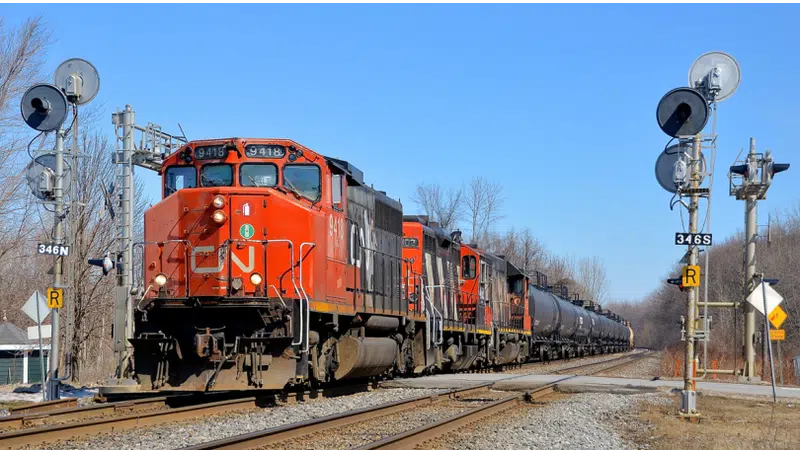
Thousands of CN Rail employees on strike amid contract talks
OTTAWA — The federal government has urged Canadian National Railway Co. and the Teamsters Canada Rail Conference to continue negotiating as the roughly 3,200 conductors, train-persons and yard workers went on strike.
Labour Minister Patty Hajdu said Tuesday the government is concerned about the impact of a work stoppage on Canadians, but remains hopeful the two sides will reach an agreement.
The rail workers walked off the job after failing to reach a deal by a midnight deadline.
Union spokesperson Christopher Monette said they were still in talks with CN in hopes of reaching a negotiated settlement and ending the dispute as soon as possible.


